Are you wondering, are oats gluten free? The short answer is yes and they are a powerhouse in gluten free baking. However, there are a few things to take into consideration before consuming oats on a gluten free diet. Let's discuss below.
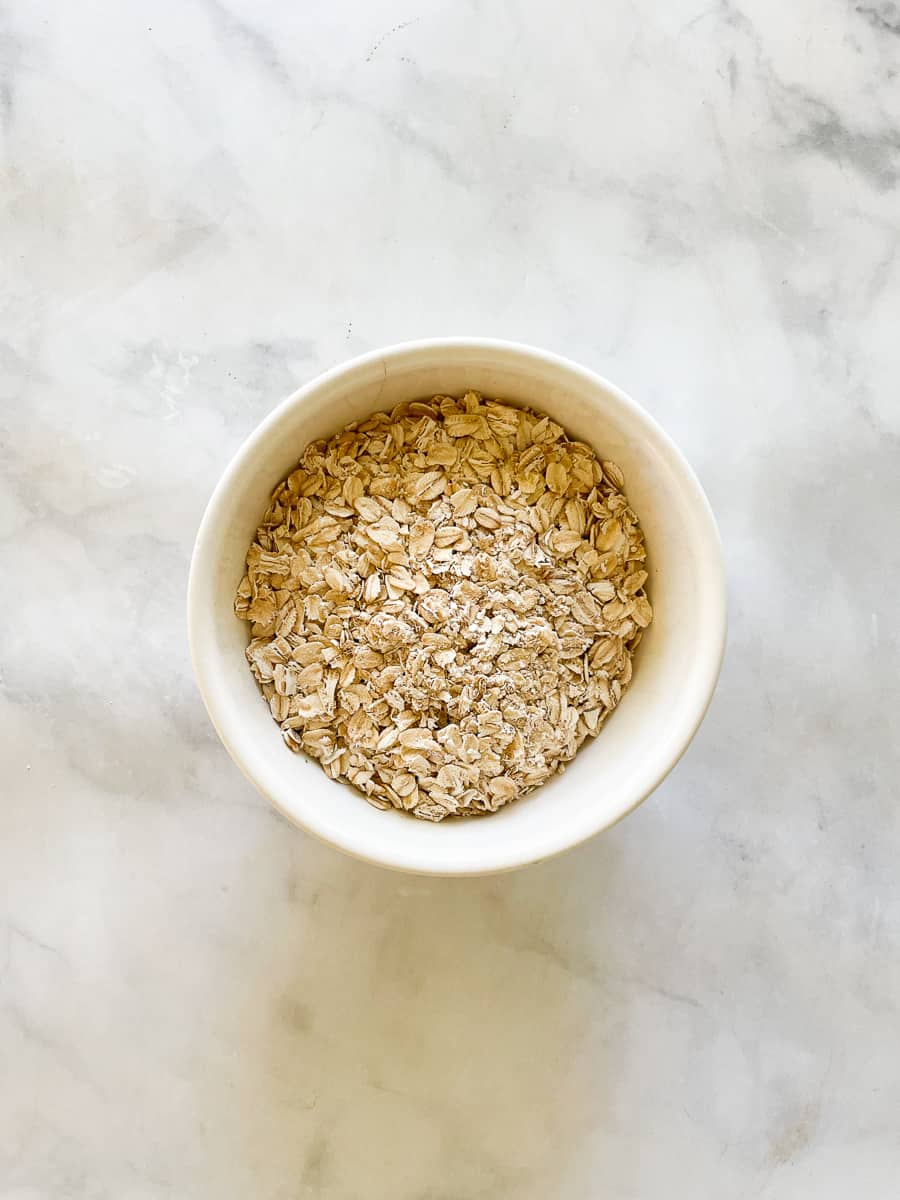
Are Oats Gluten Free or Not?
Yes, oats are gluten free. However, as with many gluten-free products, if you are celiac or very sensitive to gluten, you’ll want to purchase oats that are labeled being gluten-free or “certified gluten-free." This is because of the issue of cross-contamination, meaning that oats may be processed in a facility where wheat products are also produced.
If you're sensitive, you will always want to purchase certified gluten-free oats that are made in a dedicated gluten-free facility and won't have any cross-contamination (meaning that the oats could have come in contact with gluten-containing products. Double check the labels on your package of oats before you chuck it in your basket to take home.
What Are Oats?
Oats are a type of cereal grain from the Poaceae grass family of plants (their botanical name is Avena sativa). When we eat oats we are eating the edible seeds of oat grass. There are a few options for how you can buy oats and you'll see different preparations including
- oat groats, which contain the intact germ, endosperm, and bran
- steel-cut or Irish oats, which are oat groats that have been cut into smaller pieces often with a steel blade.
- Scottish oats, which are oat groats that have been stone-ground into a meal.
- rolled or old-fashioned oats (my personal favorite!), which feature oat groats that have been steamed, rolled, flattened into flakes, and dried.
- quick or instant oats that have been steamed and rolled into thinner pieces. These cook a lot quicker than the other varieties.
Oats are considered a whole grain food and are a good source of fiber, phosphorous, thiamine, magnesium, and zinc. They are a good source of carbohydrates and quality protein with good amino acid balance. Oat contains high percentage of oat lipids especially unsaturated fatty acid, minerals, vitamins and phytochemicals (source: NIH).
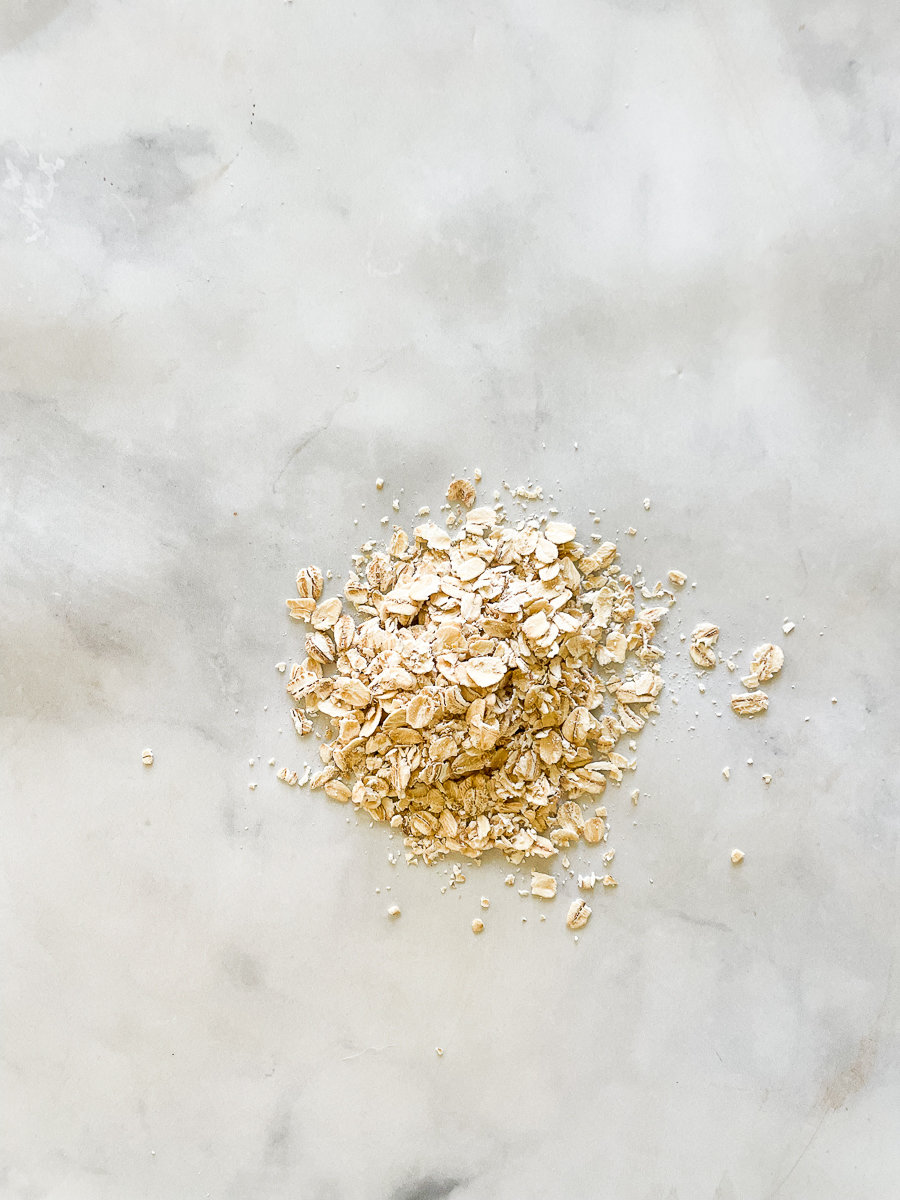
Can You Eat Oats if You Are Gluten Free?
Oats are a grain that comes from the Avena Sativa plant. While this plant is somewhat related to wheat, the seeds (the oats) do not contain any gluten. You can buy whole grain oats processed and sold as traditional, rolled, and steel-cut and rolled oats.
As noted, if you eat a gluten-free diet, more likely than not you can eat oats! The USDA considers oats to be a gluten-free grain under its gluten-free labeling regulations and requires that packaged products with oats as an ingredient contain less than 20 parts per million of gluten overall. I will explore this a bit more below, along with considerations to take if you are sensitive or celiac.
Can Celiacs Eat Oats?
If you have Celiac Disease you can eat oats because they don’t contain gluten. However, some who have been diagnosed with Celiac Disease also are sensitive to oats, which contain a protein called Avenin. Unfortunately, this may cause a reaction similar to when you eat gluten if you’re very sensitive. If you find you’re sensitive to oats, you’ll have to avoid oats, even if they're labeled certified gluten-free.

What Kind of Oats Are Gluten Free?
The only kind of oats that are 100% gluten-free are those that are labeled "certified gluten free" or "gluten free." However, as we've discussed, technically ALL oats are gluten free because they are not from wheat. The issues come in during the manufacturing and packaging processes when oats may come in contact with wheat-containing products.
Oats and Cross Contamination?
While oats are gluten free, it's important to remmber that many commercial brands process their oats in facilities that also process gluten-containing grains. Known as cross contamination, this is something to keep at the forefront of your mind as you're doing your grocery shopping if you are celiac or very gluten intolerant. Always choose "gluten free" oats to ensure you won't get any gluten by accident.
Where to Buy Oats
You will find oats in practically every grocery store, large or small. Oats are a staple ingredient for breakfast and more, and there are many brands from the well-known Quaker Oats to organic oats sold in the 365 brand by Whole Foods, to Bob's Red Mill, and many other generic brands.

What Brands of Oat Flour Are Gluten Free?
Here are some brands of oat flour that are certified gluten-free:
- Bob’s Red Mill - Look for the oats that are certified gluten free. This package is different from the regular Bob's Red Mill Oats.
- Quaker Oats - Look for the "gluten free" label on specific packages of instant oats.
- Thrive Market
- Nature's Path
- Trader Joe's - Look for their gluten free oats.
- Anthony's Organic - Makes gluten free rolled oats.
- Sprouts
How to Store Oats
Oats keep amazingly well, even up to 2 years if you store them properly (yes, that is correct!). You can keep oats in their original packaging, or transfer them to a sealable airtight container such as a jar or stainless steel. Keep oats in a cool, dry, dark place - your pantry is ideal.
What to Make with Oats
Oatmeal is of course the first choice that comes to mind when I think of oats! But I also love them in granola, fruit crisps, in muffins, or pancakes. You can also whizz gluten free oats into flour and use it to make many of the recipes on this site!
Baking With Oat Flour
Oat flour is a secret powerhouse in gluten free baking. I have found that you can often substitute it for all purpose flours in recipes by weight with amazing results! You can also add it to a gluten free flour mix, or, in regular baking substitute up to 25% of all-purpose flour flour for a little extra whole grain goodness.
I love baking with oat flour because it performs so similarly to wheat flour. It gives cakes and muffins a gorgeous, fluffy crumb, and adds a slight touch of natural sweetness and a sort of toasted butterscotch flavor to baked goods. It complements nearly every flavor you can think of and is one of the more inexpensive gluten free flours. Plus, you can make it yourself!


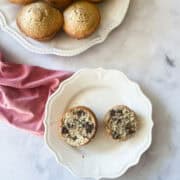
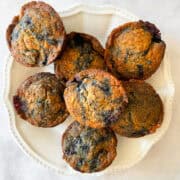
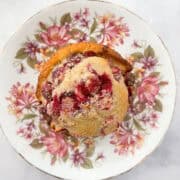

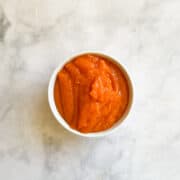


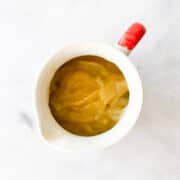
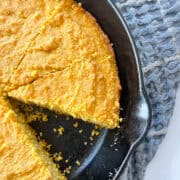
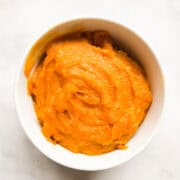
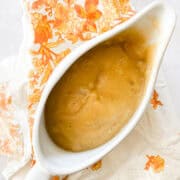
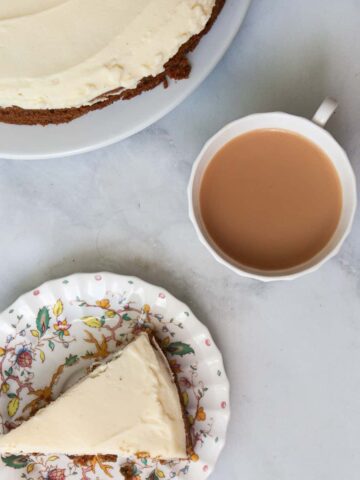
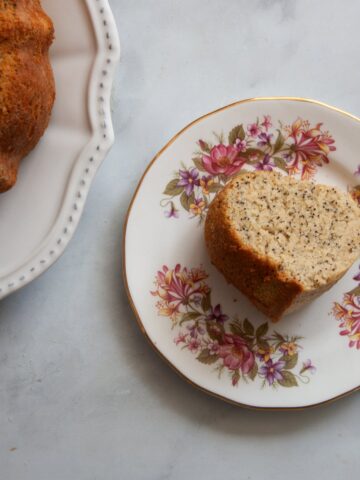
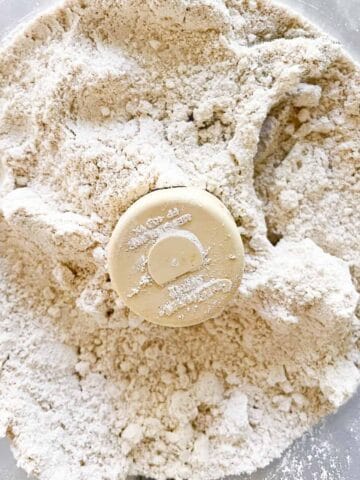
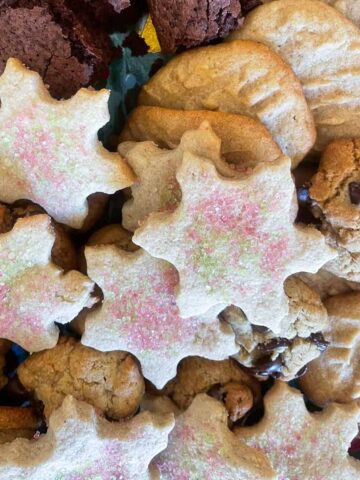
I'd love to hear from you! Please leave me a note.